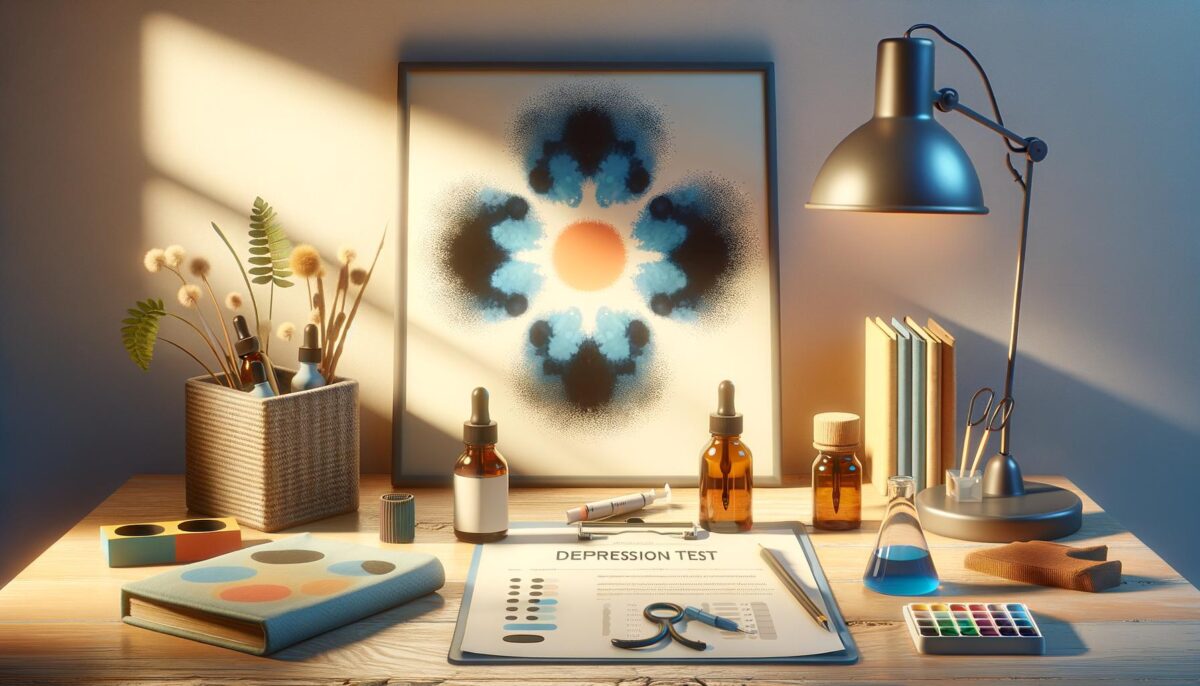The Importance of Depression Tests
Depression is a complex mental health condition that affects millions of people worldwide. Identifying depression early on can significantly improve the chances of recovery and management. This is where depression tests come into play. These tests are designed to evaluate various mental health markers and symptoms, providing healthcare professionals with valuable insights into an individual’s mental state. While taking a depression test alone is not a substitute for a professional diagnosis, it serves as a crucial first step in acknowledging a potential issue and seeking appropriate help. Depression tests can help individuals determine whether what they are experiencing could be classified under depressive symptoms. This identification is vital because it leads to recognition, fostering the courage needed to pursue further Depression Tests & Treatments.
Types of Depression Tests
There are several types of depression tests available that can cater to different needs and preferences. Some of the most common ones include:
- Self-assessment quizzes: These are typically available online and allow individuals to evaluate their symptoms privately.
- Clinical interviews: Conducted by mental health professionals, these involve a structured conversation to assess the presence of depressive symptoms.
- Questionnaires: Includes standardized tools like the Patient Health Questionnaire (PHQ-9) or the Beck Depression Inventory.
Each type of test has its own strengths and limitations, and the choice of test often depends on the individual’s comfort level and access to healthcare resources. Utilizing Depression Tests & Treatments through these various methods ensures a more comprehensive approach towards addressing mental health concerns.
How Depression Tests Guide Treatment
Depression tests play a pivotal role in guiding treatment strategies for individuals experiencing depressive symptoms. Once a test suggests the presence of depression, a healthcare provider can develop a personalized treatment plan. This often includes a combination of therapies such as cognitive-behavioral therapy (CBT), medication, and lifestyle changes. By understanding the severity and nature of the condition through these tests, mental health professionals can make informed decisions about the most effective course of action. Consequently, Depression Tests & Treatments become intertwined, working together to offer a pathway to improved mental health.
Challenges and Limitations of Depression Tests
While depression tests are invaluable tools, they also have their limitations. One of the primary challenges is the potential for self-reporting bias, which can occur if individuals do not accurately portray their symptoms. Additionally, online self-assessments may lack the nuance and expertise of a professional evaluation. Depression Tests & Treatments need to consider these factors to ensure that individuals receive the most accurate and helpful guidance possible. To mitigate these challenges, it is recommended that individuals take these tests as a preliminary step and follow up with a healthcare provider for a comprehensive assessment.
Encouraging Awareness and Acceptance
With the increasing prevalence of mental health awareness, depression tests have found their place in both personal and professional settings. Encouraging individuals to take these tests normalizes the conversation around mental health, reducing stigma and promoting acceptance. By making Depression Tests & Treatments more accessible, communities can foster an environment where seeking help becomes a normative and supportive action. Educational campaigns, supportive networks, and accessible resources all work together to elevate the importance of mental well-being, helping individuals take proactive steps towards better mental health.
Conclusion
Depression tests serve as a beneficial gateway for individuals to explore their mental health status. By promoting awareness and providing a foundation for further professional engagement, these tests empower people to take proactive steps in managing their mental health. When used in conjunction with Depression Tests & Treatments, individuals can find a pathway to improved mental well-being, ensuring they receive the support and care necessary to thrive.
